News and features
Read the latest news and features about our world-leading research, discoveries, fundraising and philanthropy. If you want to keep updated on our news, you can follow us on social media or sign up for our Search newsletter.
If you’re a journalist and want to find out more, you can contact our media relations team.
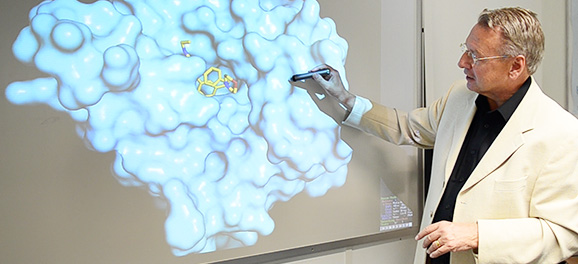
Unlocking the hidden potential of cutting-edge cancer drugs
Professor Paul Workman and collaborators uncovered a hidden mechanism revealing how a class of cutting-edge cancer drugs attack tumours.
.jpg?sfvrsn=e2993eb2_2)
Stopping cancer in its tracks
Dr Chris Bakal and his team pinpointed a set of genes that allows melanoma cells to change rapidly between two shapes in order to escape from the skin and spread around the body.
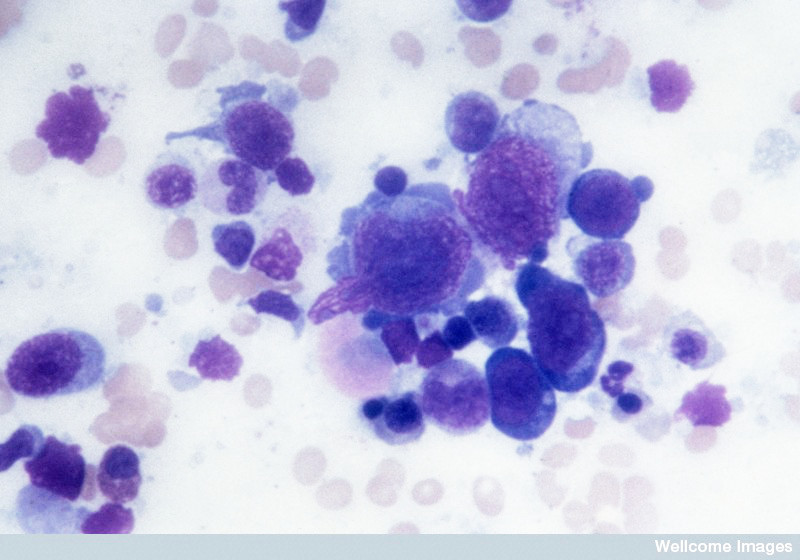
Quantifying breast cancer risk after lymphoma treatment
Professor Tony Swerdlow and colleagues reported on the world’s largest cohort study into factors affecting the risk of breast cancer after treatment with radiotherapy for Hodgkin lymphoma.

New cancer protein inhibitor paves way for research into new treatments
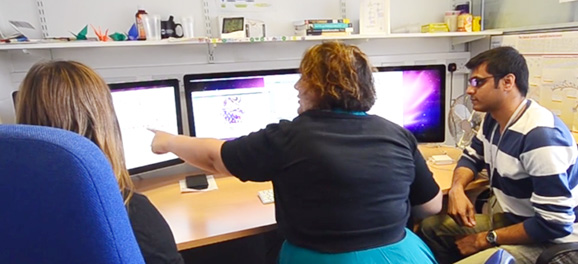
Using virtual experiments to uncover missing cancer targets
Dr Bissan Al-Lazikani and her team identified 46 previously overlooked but potentially 'druggable' cancer targets, using a powerful new online knowledgebase developed here at the ICR.
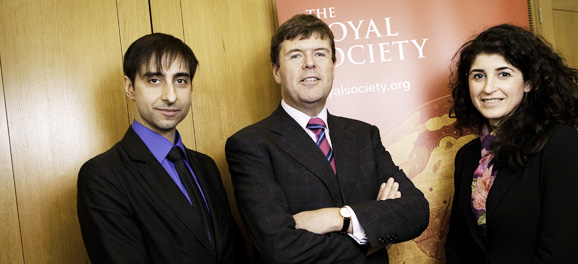
From lab bench to backbench
Two ICR scientists will be swapping lab coats for legislation when they visit MP Paul Burstow for the Royal Society’s ‘Week in Westminster’ pairing scheme.
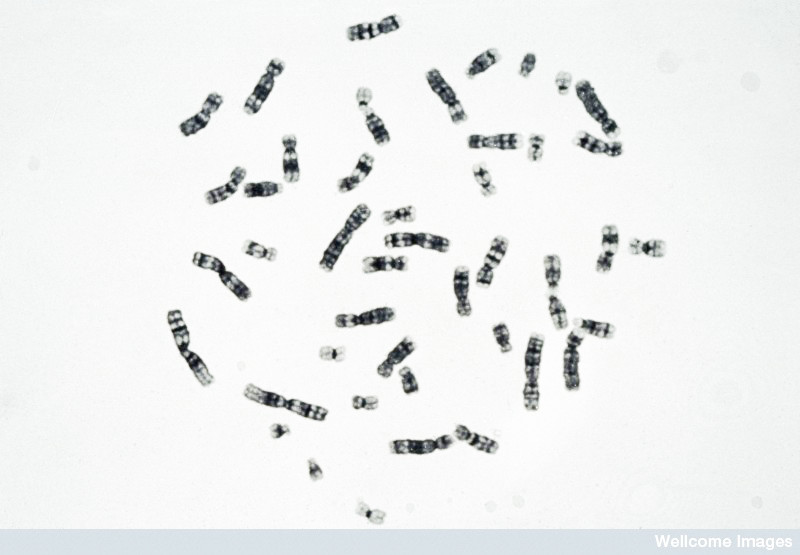
Finding the faulty gene with a domino effect on cancer risk
Professors Richard Houlston and Gareth Morgan identified a brand new genetic mechanism that raises the risk of cancer via a domino effect on DNA.

ICR's pioneering prostate cancer drug found to be effective before chemotherapy
Professor Johann de Bono and colleagues found that Abiraterone showed impressive benefits in a major clinical trial of men with early-stage prostate cancer.

Prevent proteins folding and you may stop cancer growing
A molecule that helps cancer cells to keep dividing could be a promising target for new treatments

New family of proteins linked to major role in cancer
Scientists have described a new family of proteins that appear to play a key role in cancer

New genetic links found to most common type of leukaemia
Researchers have identified four new regions of the genome linked with an increase in susceptibility to chronic lymphocytic leukaemia (CLL)

Computer predictions speed up search for potential cancer treatments
